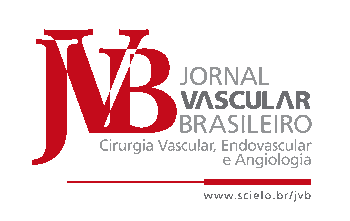BACKGROUND: Chronic venous disease (CVD) is to change the system causing a venous valvular incompetence associated with obstruction of flow or not. It affects 10 to 20% of world population, with higher prevalence in females. It presents as the most common symptoms and pain and swelling in advanced form, venous ulcer, and brings functional limitations, social isolation, affecting quality of life. OBJECTIVE: Profiling of patients with CVD, the survey data indicate that clinical and socio-demographic characteristics that may contribute to possible change of habit in the life, who for reasons of work, lack of knowledge and/or instructions had affected their routine by the disease, with consequent decline in their quality of life. METHODS: A descriptive, observational, cross-sectional study that evaluated patients with CVD treated at health centers in Maceió (AL) Brazil, applying a form for collecting data, such as CEAP, Brazil Criterion of Economic Classification Questionnaire and SF-36. RESULTS: The sample consisted of 66 patients with CVD, 83% were female and 17% male. The patients had predominantly aged between 50 and 60 years who were sedentary, assuming prolonged standing, low educational level and economic status, severe clinical disease (symptomatic C6), and quality of life variable. CONCLUSION: The results showed a predominance of females, 50 to 60 years old, with triggering factors and/or aggravating factors for development of CVD as lack of physical activity, low education and low economic income, affecting quality of life.
venous insufficiency; lower extremity; quality of life





